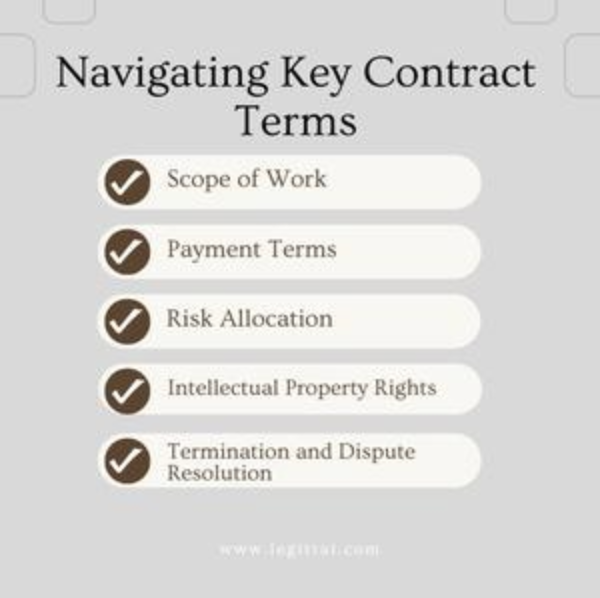High-net-worth individuals often find themselves vulnerable to financial fraud and usury traps, which frequently disguise themselves as "exclusive opportunities" or "customized solutions," making detection difficult. Safeguarding wealth necessitates a careful examination of the unique dangers present in elite financial environments, going beyond standard alerts.
Guarding Yourself: Confirm with Independent Sources
It is essential not to trust the references given by the scammer. Instead, engage a trustworthy due diligence firm (not merely your usual financial advisor) to assess the investment opportunity—verifying the fund's registration with authorities, the existence of assets, and the accuracy of reported returns. For significant financial ventures, this minor expense can prevent the loss of millions.
Usurers target people with high-value possessions (like yachts, rare artwork, or luxurious homes) by offering "quick, no-credit-check loans" secured against these assets. The twist? There are often concealed fees (such as "storage fees" for the assets) and steep interest rates that can increase if even one payment is missed. A loan for a classic car, for example, could see its debt double in just a year. Even those with valuable assets might fall victim to predatory lending, as the desire for immediate cash can blind them to the long-term financial repercussions.
Protection: Negotiate Terms with No Penalty Right Away
Prior to signing, insist on including a clause that limits total interest to a fair rate (like 10% above the prime rate) and eliminates fees for early repayment. Additionally, engage a third-party escrow service to manage the collateral, which prevents the lender from unfairly taking it.

Scammers pretend to be international lawyers or tax officials, claiming you have unpaid debts (for instance, stating "there are back taxes on a luxury villa in Italy") and threatening legal action or asset confiscation. They often utilize fake documents (such as "official tax liens") to pressure you into making a quick payment.
Protection: Request Verification from Local Sources
Do not make payments until you verify the debt with a local expert—like a lawyer in your home country who knows about international matters. Legitimate creditors will never rush you to pay without allowing you some time to check the claim.
Certain financial advisors or family trustees may take advantage of their access to your assets, redirecting funds to their own accounts under the pretense of "high-yield trades" or "asset rebalancing." This often occurs with hard-to-trace assets (e.g., private equity or unique collectibles).

Protection: Require Joint Approval for Transfers
Make sure that any transfer exceeding a specific amount (for example, $100,000) requires consent from two different individuals—yourself and a trustworthy third party (like a lawyer or family member). Moreover, ask for quarterly audits of all your assets, including those in private accounts.
Predatory lenders target high spenders in urgent scenarios—like needing money for a private jet charter for a family emergency or a last-minute art auction bid. They promote "same-day loans" with "low monthly payments," yet the fine print conceals compounding interest that drives the debt to grow rapidly.
Protection: Keep a Backup Liquidity Fund
Have a small, accessible reserve (such as a high-yield savings account with $500,000) for emergencies. This reduces the chance of resorting to exploitative lenders when you’re pressed for time. For more significant emergencies, seek a secured loan from a trustworthy bank rather than a private lender.

Scammers frequently approach your family, friends, or staff with fake "insider tips" concerning your finances—like "they’re selling their yacht, you can get a discount if you pay now." These deceitful tactics use trust to gain access to your funds.
Protection: Establish Clear Communication Guidelines
Instruct those close to you to never disclose financial information or make any decisions without your direct permission. Provide them with a list of trusted contacts (like your lawyer or financial advisor) to verify any requests related to your finances.
